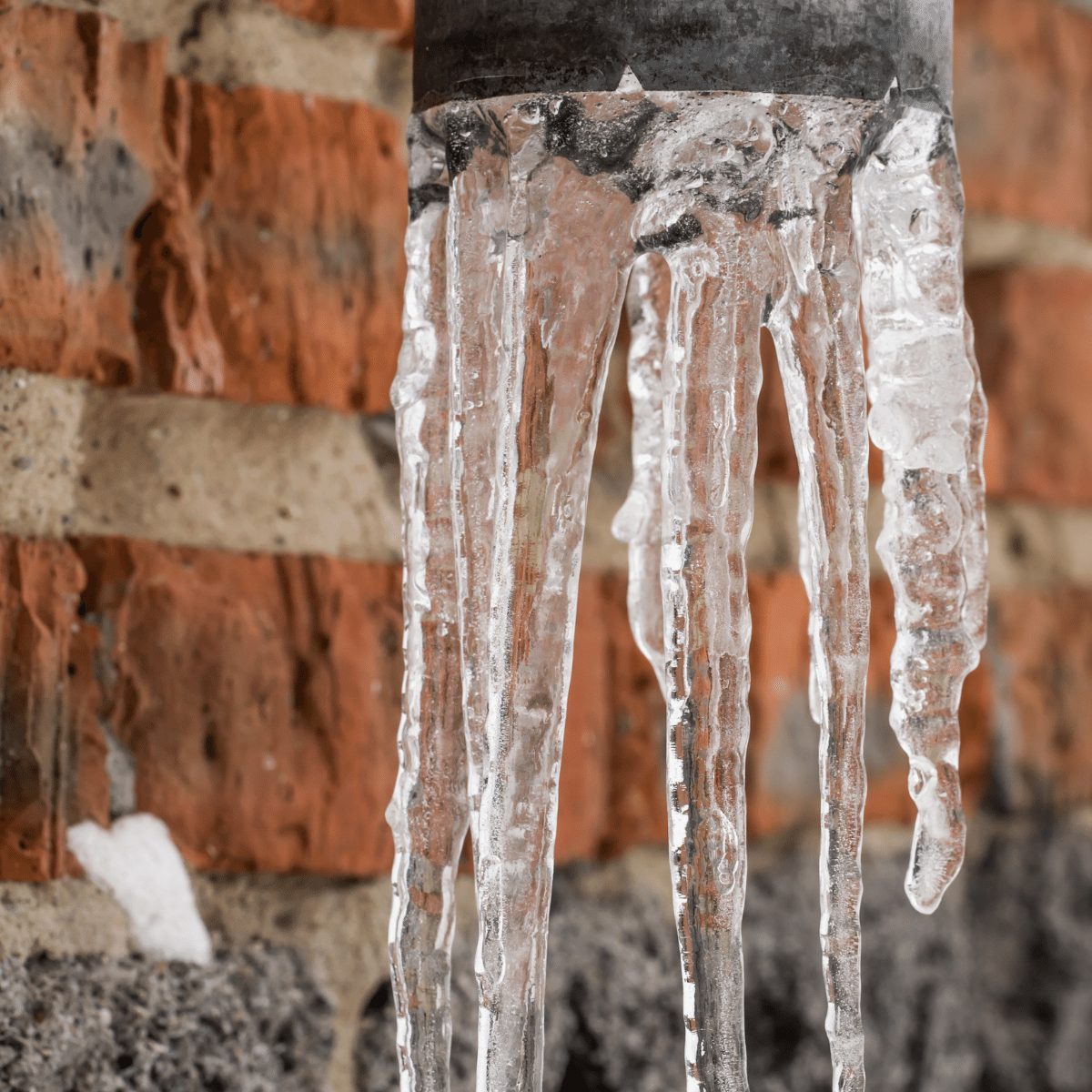Crucial Tips to Avoid Frozen Pipes in Cold Weather: Expert Insights
Crucial Tips to Avoid Frozen Pipes in Cold Weather: Expert Insights
Blog Article
Every person has their personal perception with regards to How to Prevent Your Pipes From Freezing.

Winter can damage your plumbing, specifically by freezing pipelines. Here's just how to stop it from occurring and what to do if it does.
Introduction
As temperature levels drop, the threat of frozen pipelines boosts, possibly causing pricey repair work and water damages. Understanding exactly how to stop icy pipes is critical for property owners in cool climates.
Prevention Tips
Insulating susceptible pipelines
Cover pipelines in insulation sleeves or make use of warmth tape to protect them from freezing temperatures. Focus on pipes in unheated or outside areas of the home.
Heating methods
Maintain indoor areas adequately heated, specifically locations with plumbing. Open up cupboard doors to enable warm air to circulate around pipelines under sinks.
Just how to determine icy pipes
Search for reduced water circulation from taps, unusual odors or sounds from pipes, and visible frost on exposed pipelines.
Long-Term Solutions
Structural adjustments
Think about rerouting pipelines away from exterior wall surfaces or unheated areas. Add added insulation to attic rooms, basements, and crawl spaces.
Upgrading insulation
Invest in premium insulation for pipes, attic rooms, and wall surfaces. Proper insulation assists maintain regular temperature levels and reduces the threat of frozen pipelines.
Securing Exterior Plumbing
Garden tubes and outside taps
Disconnect and drain garden tubes before winter months. Install frost-proof spigots or cover outside faucets with protected caps.
Understanding Frozen Pipes
What creates pipes to ice up?
Pipes freeze when exposed to temperatures listed below 32 ° F (0 ° C) for prolonged periods. As water inside the pipelines freezes, it increases, taxing the pipe walls and possibly causing them to break.
Dangers and damages
Icy pipes can lead to water interruptions, residential or commercial property damage, and costly fixings. Burst pipes can flood homes and create extensive structural damage.
Indications of Frozen Water Lines
Identifying frozen pipelines early can avoid them from rupturing.
What to Do If Your Pipes Freeze
Immediate actions to take
If you suspect frozen pipelines, keep taps open up to eliminate stress as the ice thaws. Make use of a hairdryer or towels soaked in warm water to thaw pipelines gradually.
Conclusion
Avoiding icy pipelines calls for positive actions and fast feedbacks. By comprehending the reasons, signs, and safety nets, home owners can safeguard their plumbing during winter.
5 Ways to Prevent Frozen Pipes
Drain Outdoor Faucets and Disconnect Hoses
First, close the shut-off valve that controls the flow of water in the pipe to your outdoor faucet. Then, head outside to disconnect and drain your hose and open the outdoor faucet to allow the water to completely drain out of the line. Turn off the faucet when done. Finally, head back to the shut-off valve and drain the remaining water inside the pipe into a bucket or container. Additionally, if you have a home irrigation system, you should consider hiring an expert to clear the system of water each year.
Insulate Pipes
One of the best and most cost-effective methods for preventing frozen water pipes is to wrap your pipes with insulation. This is especially important for areas in your home that aren’t exposed to heat, such as an attic. We suggest using foam sleeves, which can typically be found at your local hardware store.
Keep Heat Running at 65
Your pipes are located inside your walls, and the temperature there is much colder than the rest of the house. To prevent your pipes from freezing, The Insurance Information Institute suggests that you keep your home heated to at least 65 degrees, even when traveling. You may want to invest in smart devices that can keep an eye on the temperature in your home while you’re away.
Leave Water Dripping
Moving water — even a small trickle — can prevent ice from forming inside your pipes. When freezing temps are imminent, start a drip of water from all faucets that serve exposed pipes. Leaving a few faucets running will also help relieve pressure inside the pipes and help prevent a rupture if the water inside freezes.
Open Cupboard Doors
Warm your kitchen and bathroom pipes by opening cupboards and vanities. You should also leave your interior doors ajar to help warm air circulate evenly throughout your home.

As an avid person who reads about How to Prevent Your Pipes From Freezing, I imagined sharing that editorial was really helpful. Do you know about someone else who is involved in How to Prevent Your Pipes From Freezing? Take a moment to promote it. Thank you for being here. Please come visit our site back soon.
Call Today Report this page